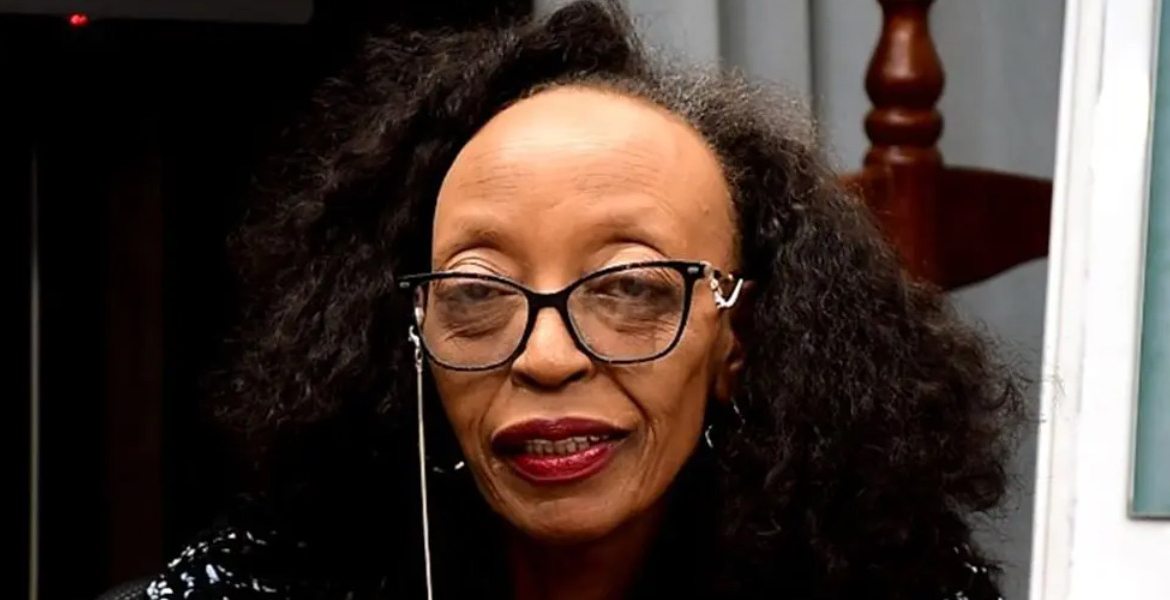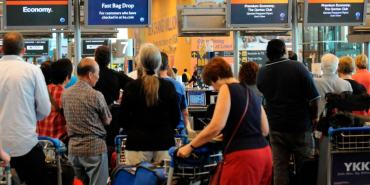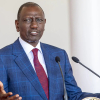Kenyan Diaspora Leaders in Scotland Call for Formal Recognition to Boost Foreign Investment

The Kenyan government's pursuit of foreign investment, marked by costly international delegations and business engagements, often encounters bureaucratic obstacles.
A potentially more effective and readily available resource, the Kenyan diaspora, remains largely untapped despite its demonstrable ability to foster international connections, according to experts and diaspora leaders. An example can be found in Scotland, where individuals like Mercy Kamanja function as informal emissaries for Kenya, developing relationships and opening doors that formal diplomatic channels struggle to access.
Kamanja, the Scotland Chapter Coordinator of a Kenyan diaspora working group, operates without any official government designation, yet has established a trustworthy network that advances Kenya's interests. Kamanja acknowledges the challenges in her informal role: "Sometimes the investors ask me, where is your email? Where is your office? And I have nothing to show," she admits, emphasising that her influence stems from her extensive network, local knowledge, and established credibility.
Despite these challenges, she has successfully linked Scottish investors with key Kenyan institutions, including the ministries of housing and internal security, and facilitated collaborations in university exchange programmes and technology initiatives. Although the Kenyan government has expressed support for diaspora groups, they remain largely informal and under-recognised.
Members of these networks operate across various sectors, including political representation, trade facilitation, and cultural diplomacy, without official mandates or institutional support. Kamanja, for example, has coordinated mobile consular services for Kenyans in Scotland, providing essential documentation services that would otherwise require costly travel to London. She has also led diaspora fundraising efforts and represented Kenya at investment forums.
The lack of formal recognition, however, often undermines these efforts. "I've lost investment opportunities because I can't prove I represent Kenya," Kamanja explains. A simple designation, such as Diaspora Liaison Officer, could legitimise and streamline these efforts, but individuals like Kamanja remain in an unofficial position. Kamanja also advocates for democratic inclusion.
As part of a Diaspora Technical Working Group, she has pushed for reforms to make voting more accessible to Kenyans abroad. Currently, Kenyan citizens in Scotland must travel more than 15 hours round-trip to London to register and vote, a significant barrier to participation.
"It's expensive, tiring, and completely discouraging," she asserts, arguing that electoral exclusion not only violates rights but also damages identity.
The group has petitioned the Ministry of Foreign Affairs and the Independent Electoral and Boundaries Commission (IEBC), contending that the principle of equal citizenship is at stake. Diaspora leaders are performing critical foreign policy functions in community centres, religious gatherings, and virtual chat groups, brokering deals, addressing policy barriers, and promoting national interests, often without proper recognition or resources.
According to Diaspora leaders, Kenya needs to shift its diplomatic approach, legitimising and empowering diaspora actors rather than relying solely on traditional state-to-state diplomacy.








Add new comment